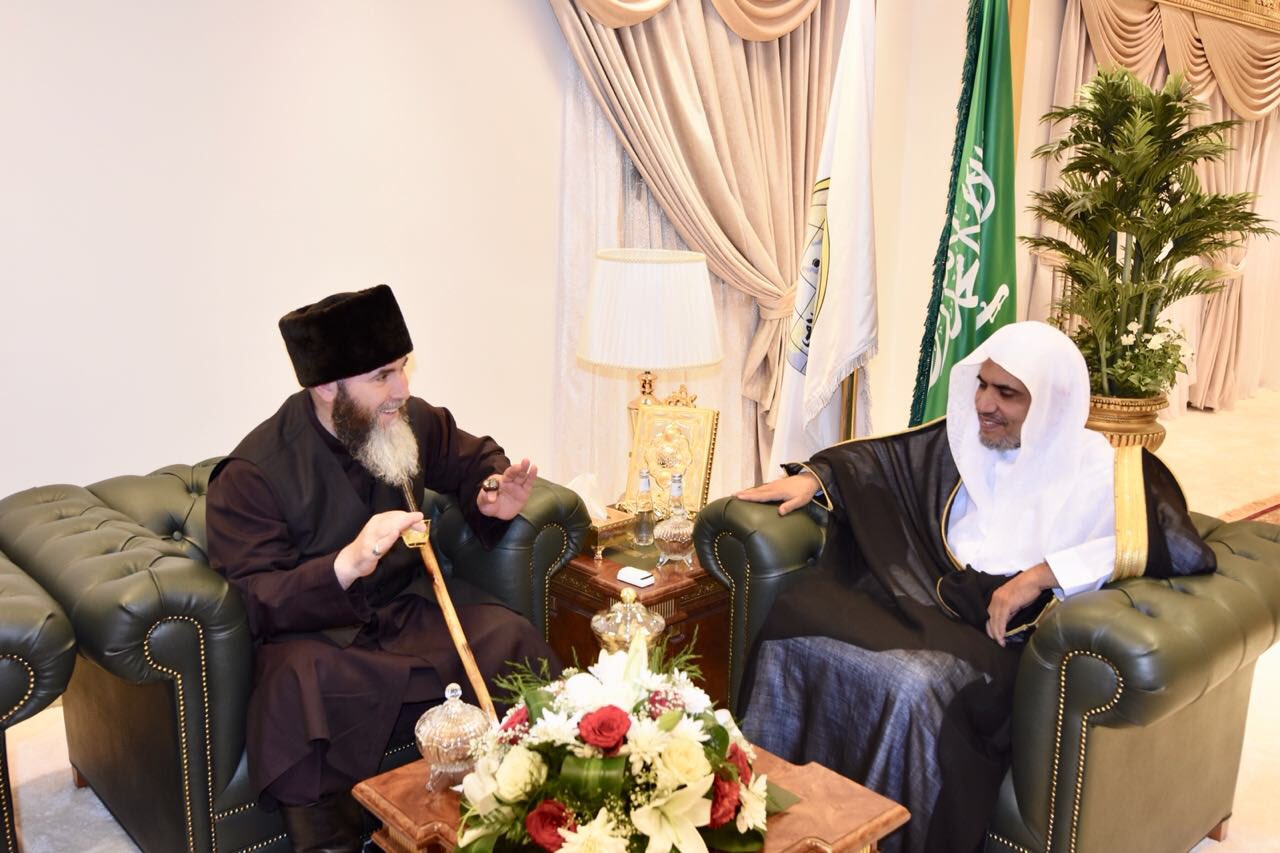Chechnya's religious policy
Grozny is expanding its network of Muslim educational institutions by increasing the number of Islamic schools and inviting well-known teachers from around the world. Even Grand Mufti Salakh Mezhiev, who is very close to Ramzan Kadyrov, often meets with students and gives lecture series. However, according to many observers and activists from the Chechen diaspora, what is being taught is an increasingly rigid form of Sufism.
Moscow (AsiaNews) - In Chechnya, a Russian republic in the northern Caucasus, there is a growing trend towards Islamic education, with the expansion of religious schools and the invitation of well-known Muslim scholars from other regions and countries.
This reflects even more complex political and social issues linked to the influence of the Muftiat on the local government, raising numerous questions among experts and religious activists, which have been investigated by the website Kavkaz.Realii.
‘Lifelong learning’ in the religious sphere is very intense and well organized in Chechnya, and takes place on three fundamental levels: the nine ḥāfiẓ schools for the study of the Koran, attended by 770 students; madrasas for 43,000 children (430 throughout the republic, although only 18 have official licenses), which are mostly classrooms attached to mosques, also called mektebe, and two higher education institutions, the Russian-Islamic University Kunta-hadži and the Islamic Institute Kurčaloevskij, where a total of about 600 students study.
The ḥāfiẓ schools for boys aged between 7 and 12 replace compulsory state schooling for three years, postponing the curriculum for some subjects to a later date, with an obvious reduction in their learning and strict cohabitation in boarding schools, with one month's vacation per year, somewhat like the Catholic ‘minor seminaries’ of the past.
In madrasas, students study the Koran, the tradition of the Sunnah, the Arabic language, Sharjah law, and other religious subjects. They are attended by children of all ages, sometimes in groups of dozens, or even up to 500 as in Grozny, with 429 dedicated teachers. Private madrasas are viewed unfavorably, as they are not under the control of the central Muslim administration, and there are increasing efforts to close them or bring them into the official network.
Higher education institutions often invite teachers from across the Islamic world, including Jordan, Malaysia, the United Arab Emirates, Saudi Arabia, Syria, and Egypt. In May, Sheikh Isam At-Tunisi, a prestigious theologian active in Syria and Egypt, gave a series of lectures, followed by the Secretary General of the Organization for Islamic Cooperation, Husein Ibrahim Taha, and Sheikh Jahja Al-Gawsani, who praised Chechnya's successes in the study and dissemination of Islamic knowledge to the younger generation.
The Grand Mufti of Chechnya, Salakh Mezhiev, also often meets with students and gives lecture series, such as those on Ramadan in the life of Muslims. Mezhiev is not only the chief mufti, but also an advisor to President Ramzan Kadyrov, acting more as a politician than a religious leader, as some imams in Chechnya comment anonymously.
His friendship with the head of the republic makes him untouchable and instills fear even in those who would like to question the life of faith. According to many, the narrowness of the teachings in these various institutions is nothing more than a “rigid variant of Sufism,” which is further radicalized in the minds of young people through access to various Islamic sources and websites on the internet.
According to Sajkhan Muzaev, an activist with the Chechen movement in Europe, “Forza unitaria,” this approach by the Muftiat actually leads to “the dumbing down of the people in a personalized way.”
According to some commentators, the sheikhs and high-ranking figures invited from abroad serve only to celebrate the prestige and power of local leaders, especially since “most of the distinguished guests are Ash'arites,” observes Muzaev, i.e., devout followers of Muhammad's companion Abu Musa Al-Ash'ari, an Islamic school of thought dating back to the 10th century that has even stricter characteristics than other forms, whereby “any divergent thought is erased in the name of Allah.”
President Kadyrov, whose health appears to be deteriorating, is preparing his succession not only with relatives and friends, but above all with the ideological-religious politics of a Chechen Islam “superior to the whole world.”







.png)










